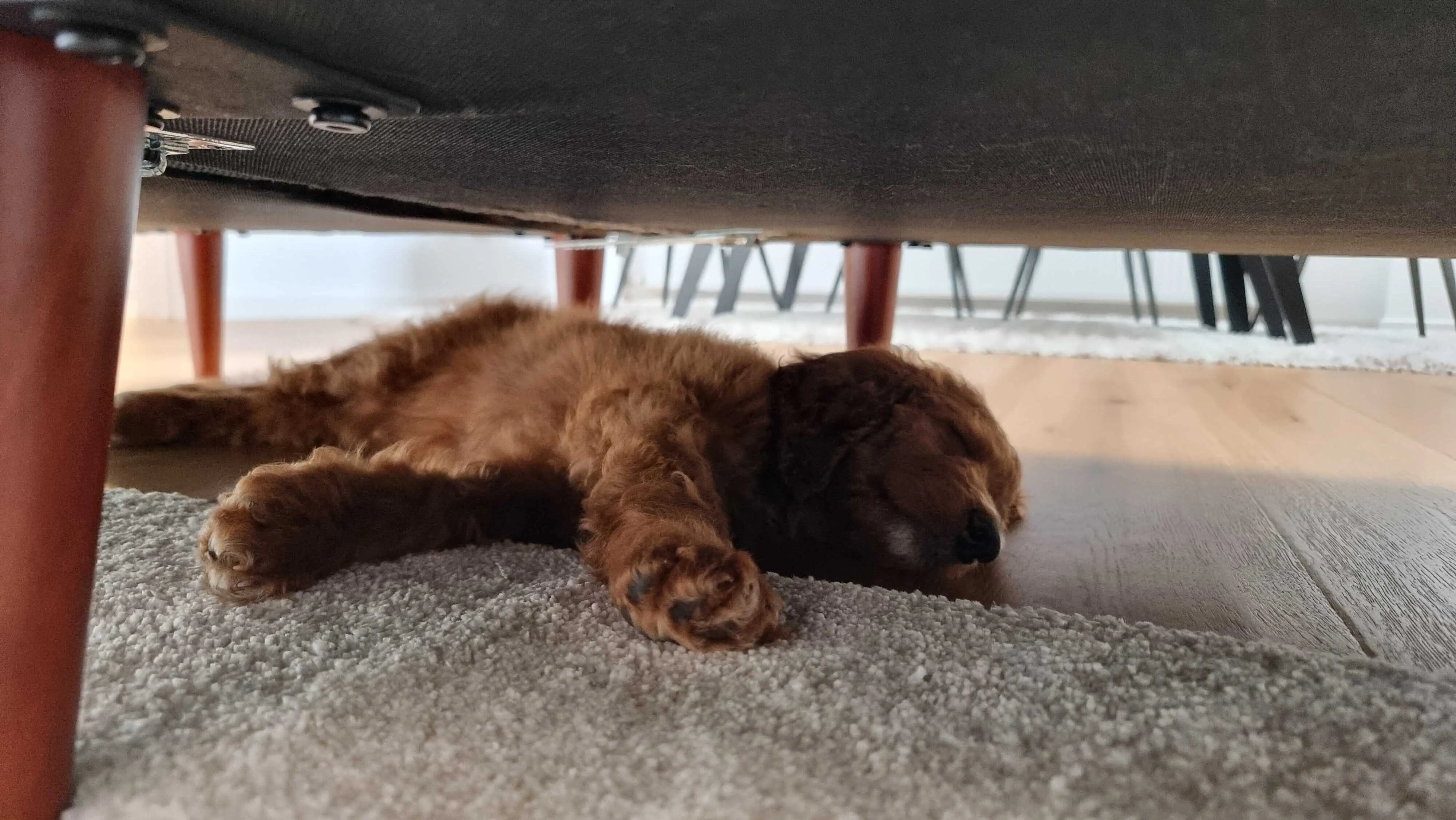If testicular cancer returns

What to do if cancer comes back
First, let’s make it clear — a cancer“relapse” or “recurrence” (when cancer comes back) is pretty rare with testicular cancer. But testicular cancer recurrence can happen. The good news is that even if it comes back, it can still usually be cured and taken care of.The risk of the cancer coming back depends on its type and stage. Talk to your doctor about the risk of relapse when you’re first having treatment. It’s normal to wonder about this, and talking to an expert about it can really help put your mind at ease.
If the cancer does come back, it will most likely be within two years of finishing your treatment. Less than one in 20 relapses happen later than that. If you do relapse, it’s likely that you’ll need further treatment.
It's important to talk with your doctor about the possibility of the cancer returning. Understanding the risk of recurrence and the treatment options may help you feel more prepared if the cancer does return.
Regular follow-up exams to check for signs that the cancer may be returning are extremely important. It may come back in the same place (called a local recurrence), nearby (regional recurrence), or in another place (distant recurrence). Generally, because the entire testicle is removed, it’s pretty rare that cancer will recur locally.
Your blood test results are important too. Doctors can notice signs —like a rising beta-hCG or AFP in your blood —that may indicate that cancer has returned. If your cancer does return, make sure to work with a doctor who is an expert in recurrent testicular cancer.

Jas testing
What to do if cancer comes back
First, let’s make it clear — a cancer“relapse” or “recurrence” (when cancer comes back) is pretty rare with testicular cancer. But testicular cancer recurrence can happen. The good news is that even if it comes back, it can still usually be cured and taken care of.The risk of the cancer coming back depends on its type and stage. Talk to your doctor about the risk of relapse when you’re first having treatment. It’s normal to wonder about this, and talking to an expert about it can really help put your mind at ease.
If the cancer does come back, it will most likely be within two years of finishing your treatment. Less than one in 20 relapses happen later than that. If you do relapse, it’s likely that you’ll need further treatment.
It's important to talk with your doctor about the possibility of the cancer returning. Understanding the risk of recurrence and the treatment options may help you feel more prepared if the cancer does return.
Regular follow-up exams to check for signs that the cancer may be returning are extremely important. It may come back in the same place (called a local recurrence), nearby (regional recurrence), or in another place (distant recurrence). Generally, because the entire testicle is removed, it’s pretty rare that cancer will recur locally.
Your blood test results are important too. Doctors can notice signs —like a rising beta-hCG or AFP in your blood —that may indicate that cancer has returned. If your cancer does return, make sure to work with a doctor who is an expert in recurrent testicular cancer.

